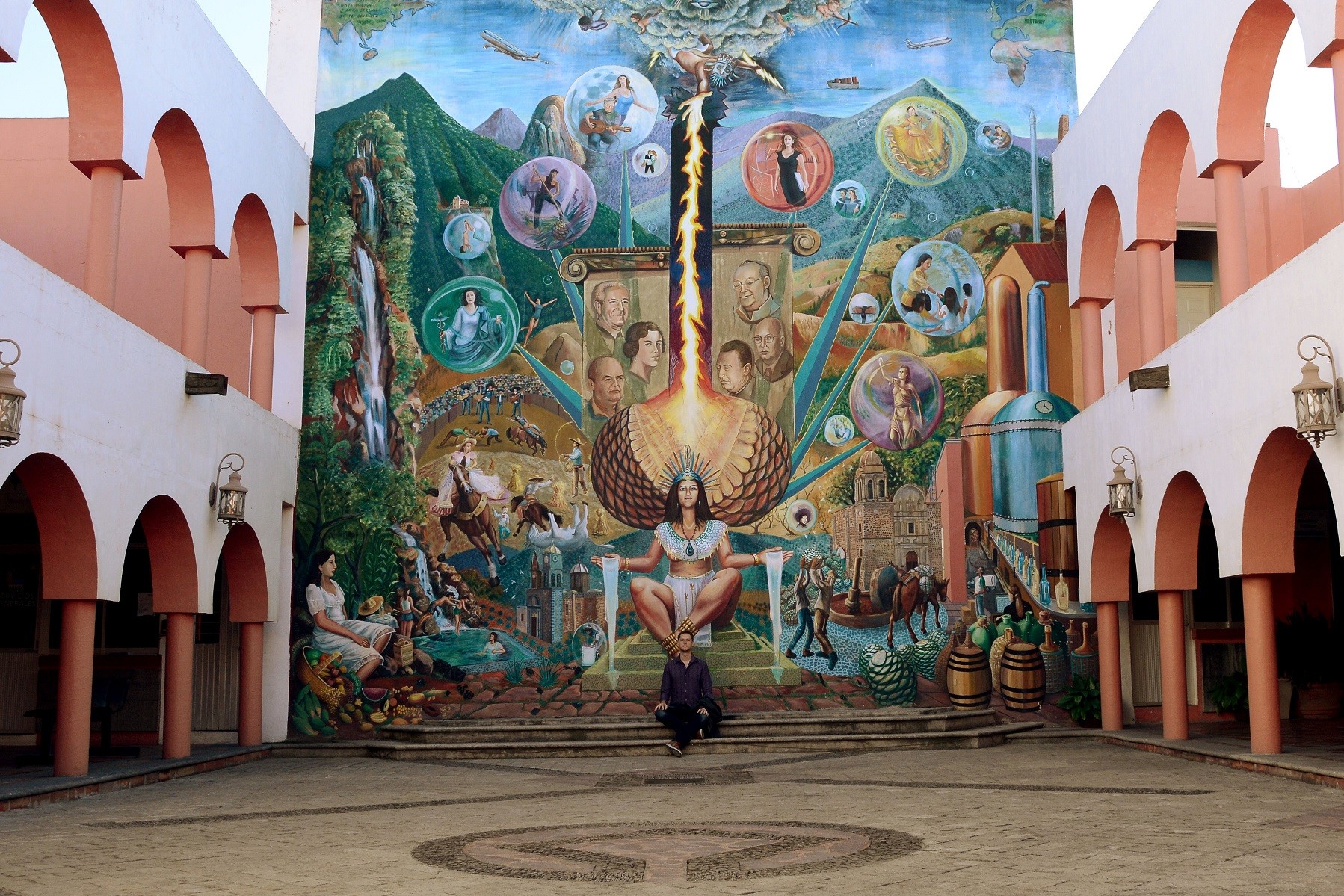Anam Paiseanta explains his ideas on why rights don’t exist, and why keeping firearms can be so important – especially when negotiating with violent gangs.
Transcript
Anam Paiseanta: To have maybe an educated opinion about [gun control], we have to look at some of the other ideas we’ve inherited. It seems natural for anarchists to be pro-gun, because we understand that there are no such things as rights, right. There’s only what you negotiate.
The idea of rights – who gave us this idea of rights? Like there’s a package of benefits that you just ‘get’. Who gave us that idea? There’s not, that’s an illusion. And if we just started to see the world as – there’s just this playing field and then the results are whatever you negotiate.
Like a soccer team or a football team enters. There’s a field, it’s level, there’s a goal on either end. There’s lines that segment the field. There’s a team that opposes you, this could be seen as the obstacles in life. Then there’s the ball, there’s your effort, and there’s the network of people you can form who support you in your goals – literally in your goals – there’s a metaphor for you.
Which team has the rights to a goal? The idea doesn’t even make sense. There’s no goal unless you negotiate one. As we’re going through life, there are no rights, there’s only what you negotiate. When you’re negotiating with people in voluntary relationships, you have to come by adding value. And when you’re negotiating with gangs, even really organized gangs, that all wear the same color clothing, and have insignias that they all belong to the same gang, and they all have guns, and they come to the negotiation not with words, not with pieces of paper that are promises – they come to the negotiation with guns. And a lot of times, they act to take away your right to your body, your right to your product, your right to your free movement. So these are the three aspects of the self – your present, your future and your past self, right. Your body, your movement, and your product – things you spent labor or time on yesterday in order to acquire.
So how do you negotiate with these people? Because there’s no rights – there’s only what you negotiate.
So although I am all for peace, and I seek to contribute to a society that generates peace because it’s just, and it’s just because it’s voluntary – I recognize that, we don’t yet live in that society. And just like every eagle has claws and every gazelle has horns, and the ability to run away from its predators, and every animal on Earth has some kind of mechanism or apparatus to defend itself, I think that humans should not be the only animal
*Holds up rifle*
that gives away its ability to defend itself to its only predators – which would be other humans.

